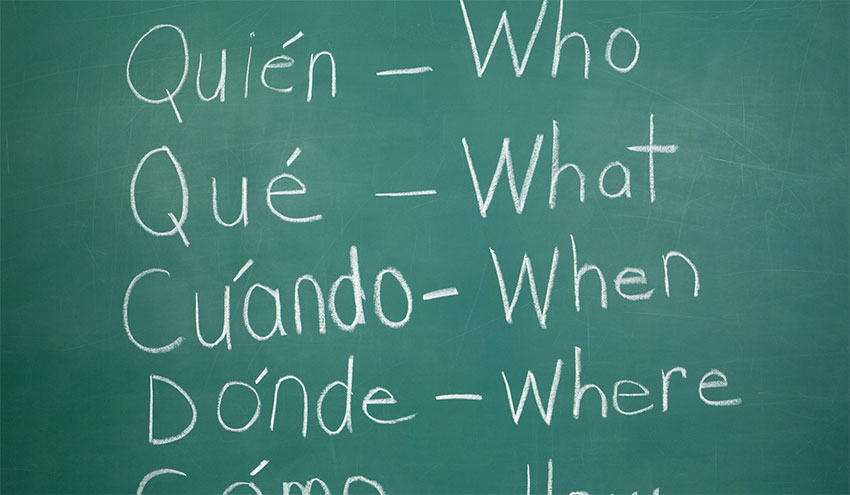The Language Learning Lie: How Anyone Can Learn Something New
September 9, 2022
Family reunions can be awkward for a variety of reasons. Putting a bunch of relatives who haven’t seen each other in a while in one room for three hours tends to produce interesting results. Imagine that, but with a language barrier. Everyone’s having a good time laughing about something—you don’t know what—then you walk in, and they stop. They switch to English only to speak Spanish again as soon as you leave.
I’ve struggled with learning Spanish for a long time. Since my family speaks it, I can mostly understand what they’re saying. Ask me to speak it back though, and I sound like a toddler. This year I took Spanish 1, not knowing what to expect. I figured it’d be like the Spanish classes I’ve had before, where I learn three billion vocabulary words only to remember three. Knowing that mariposa means butterfly isn’t that helpful if you can’t say sentences. When I got the email that it would be a full immersion class, I thought my teacher was insane. How do you teach someone a language they don’t understand in that language? But the more I learned, the more sense it made. There’s a method to the madness.
One of the biggest myths when it comes to language learning is that there’s an optimal age, beyond which you can learn absolutely nothing. Since high schoolers are getting close to that number, a lot of us give up before we try. However, more recent research shows that while younger people do have an advantage, it’s not as significant as it seems. It also disproves the idea that brains get “stuck” in a language, losing the ability to learn anything else. We spend our entire lives learning and our brain accommodates. Why wouldn’t that apply to language?
The other thing people get wrong is the approach. I’m sure we all know someone who’s downloaded Duolingo only to drop it a month later, knowing barely more than when they first began. We might even be that someone. Or maybe you pay for an in-person class where they hand you a textbook and teach you complex grammar. Either method has limited success. They’re missing core of language, actual communication. The only way to reliably get better is to practice. Pronunciation and organic conversations can’t come from a book or an AI. As scary as it might be, real people are the key to speaking a language. And I promise, they won’t be mad if you get something wrong. Think about videos of someone speaking broken English. You wouldn’t get offended at someone trying their best, and neither will a native speaker of another language.
What’s the takeaway from all this? If you want to learn another language, go for it! People will understand the learning process and give you allowances when you need them. Besides, it’s a good skill to have even if you’re not completely fluent.


